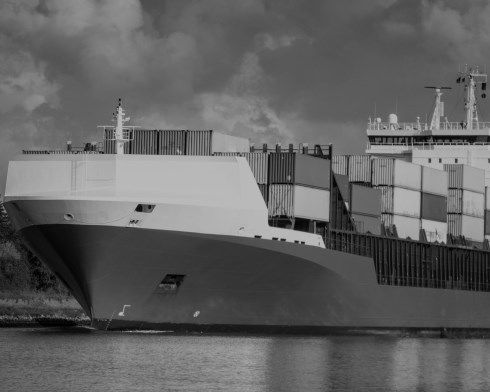As a result of the Turkish Government’s continuing efforts to harmonise the country’s legislation with that of the EU and to modernise its old laws, some of which dates back to 1925, a new Turkish Commercial Code (the “New TCC”) was passed by the Parliament in January this year which will come into force on 1st July, 2012. The New TCC brings about a major overhaul of the laws of arrest of non-Turkish vessels within the Turkish jurisdiction.
The new TCC sets outs a list of maritime claims and provides that Claimants will be entitled to seek an arrest of a vessel only if their claims fall within the scope of that list. The list is quite extensive and substantially mirrors the “maritime claims” in the 1999 Arrest Convention. It is a step in the right direction considering the reluctance of the Turkish courts to order arrest of vessels to secure claims other than those pertaining to ownership disputes, collisions, salvage, crew wages and loss of or damage to cargo. For instance, the difficulties experienced in relation to arrest applications for charter party claims will be overcome since such claims have been explicitly stipulated in the said list as maritime claims.
The new TCC also brings about clarity to the competence of the Turkish Courts to entertain arrest applications. It vests exclusive jurisdiction with the court found in the vessel’s place of anchorage, berthing, mooring or drydocking. This provision will prevent Claimants from making arrest applications to courts of their choosing in advance of the vessel’s arrival. This was possible by reference to the provisions of the Code of Procedures, but it will be removed by the New TCC. Another important impact of this new rule is that the days of arresting vessels in transit through the Turkish Straits are over unless their transit is for some reason interrupted.
The Turkish courts are in general reluctant to issue warrants of arrest to secure claims pending before foreign courts. This stems from the provisions of the Code of Procedures which restricts the right to grant interim orders / injunctions to courts seized of proceedings on the merits. The New TCC removes that restriction which will encourage the Turkish Courts to entertain arrest applications to secure claims heard before foreign courts and arbitral tribunals.
Claimants have been discouraged from seeking security for their claims in Turkey given the levels of counter-security demanded of them by the Turkish Courts which are in the sole discretion of the judge dealing with the application.
Although the amount of such security usually varied between 15 – 40 % of the claim amount, Claimants could face demands from time to time exceeding 50 %. The New TCC sets a fixed sum by way of counter-security which is 10,000 SDR regardless of the size of the claim. While both the Claimant and the Shipowner shall have the right to apply to the court to decrease or increase the level of counter-security ordered, the new law is likely to encourage Claimants to consider Turkey as an attractive jurisdiction to get security for their claims.
From a procedural point of view, vessels will no longer be arrested by way of precautionary attachments. Instead, under the New TCC an arrest will be affected through a “preliminary injunction”. This results in two major changes:
(i) Previously an arrest order was enforced through service on the relevant authorities (for instance Harbour Masters, Coast Guard etc.). As from 1st July, 2012, in addition to service of the order on the relevant authorities, the attorney of the arresting party will need to board the relevant vessel together with a Bailiff Officer and complete formal attachment procedures. Accordingly, enforcing an arrest order will be more time consuming and may give rise to increased legal costs.
(ii) Substantive proceedings in the competent jurisdiction will need to follow within 30 days as of the enforcement of the arrest order instead of 10 days of the issue of the arrest order.
Another new provision introduced by the New TCC is that the arrest order, technically a preliminary injunction order, will not be limited to the arrested vessel. The earnings of such vessel will also fall within the scope of the arrested property. In the absence of precedent, it remains to be seen how this provision will be implemented; however, it is certain to give rise to an obvious advantage to Claimants and lots of debate among Turkish lawyers.



